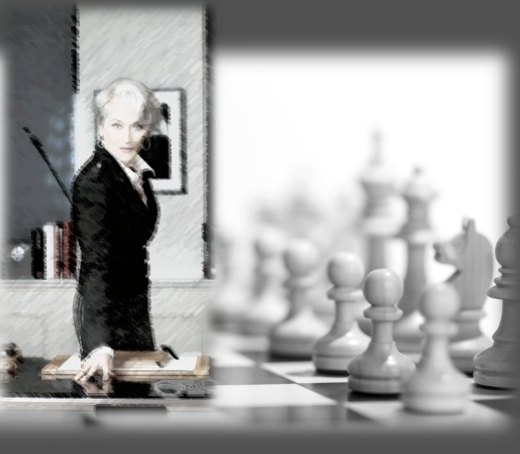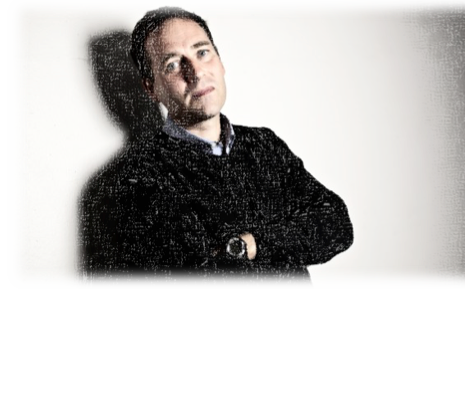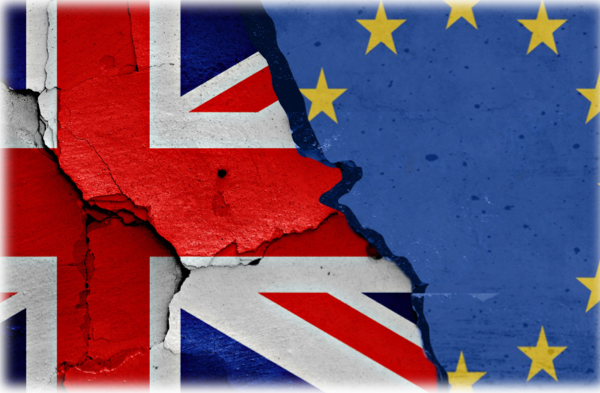Ray Dalio is the world’s most important hedge fund manager. With $165 billion under management Bridgewater Associates, the firm that he manages, is the largest hedge fund in the world, and Dalio’s All-Weather strategy has consistently outperformed market indices for more than 20 years. There’s just one thing that Dalio is really afraid of, and it was a major theme in his latest letter to investors.
The 1937 selloff was caused by a Federal Reserve decision to raise interest rates, at least according to the Dalio text. The investor reckons that the economic circumstances in 2015 are ‘eerily similar’ to those in 1937 and he fears a return to those dark days. In the stock market collapse directly after the 1937 interest rate rise the Dow Jones Industrial Average lost about half of its value in twelve months.
Reflections of Depression
There are, according to Dalio, six factors that can be directly connected with the Great Depression and the current economic atmosphere. The list is as follows:
- Debt limits reached at Bubble Top, causing the economy and markets to peak (1929 & 2007).
- Interest rates hit zero amid depression (1931 & 2008).
- Money printing starts, kicking off a beautiful deleveraging (1933 & 2009).
- The stock market and “risky assets” rally (1933-1936 & 2009-2014).
- The economy improves during a cyclical recovery (1933-1936 & 2009-2014).
The central bank tightens, resulting in a self-reinforcing downturn (1935 & 2015?).
The sixth point is obviously the most important going ahead. Dalio believes that the economic situations mirror each other, and that the world could be dragged into a renewed crash with rash central bank decision making.
Getting past 1937
The simple solution, at least according to Ray Dalio, is to put off raising interest rates in order to ensure a broad economic recovery. That has its own disadvantages, however. Should the economy begin growing rapidly easy money could result in inflationary pressure.
That’s exactly what the Federal Reserve fears could be caused by keeping its monetary policy too accommodating, and it’s signaled that its intentions will be based off of close observtion of inflation among other factors.
In its most recent meeting, which Dalio wrote in advance of, the central bank’s chairperson Janet Yellen said
“The actual path of policy will evolve as economic conditions evolve, and policy tightening could speed up, slow down, pause, or even reverse course depending on actual and expected developments in real activity and inflation.’
Bridgewater may actually prefer a boost in inflation as a solution rather than cutting the feet out from under recovery with rises in interest rates.
Inflation might be good
Inflationary pressure is bad for certain kinds of investments but good for others, and it may be easier for the intrepid investor to make money during a period of inflation than it would be during a period of stock market depression ad general economic shade.
Dalio says that the central bank stimulus of the last few years has distorted the valuation of the stock market. That leaves no incentive to hold stocks during a crash, because their values will not recover effectively without time or stimulus.
Inflation, however, may be good for the economy as a whole. The Bridgewater founder is generally worried abut the effects of debt on the decision making of the US government and US households. Inflation at a consistent, low level would be enough to wipe that debt away piece by piece and give the indebted an opportunity to get out from under it.
Tracking Dalio’s performance
The performance of Bridgewater Associates is relatively difficult to come by, given the diversity of the company’s portfolio and the fact that it is completely privately held. A recent presentation from the hedge fund obtained by Valuewalk showed that the company managed to return 8.9% in 2014 on its All Weather 12% strategy.
Over the last 20 years the strategy has managed to return an average of 12.3%, including the dark days of 2001 and the financially disastrous days of 2008 in which the fund lost 24% of its value.
According to Bloomberg a bet against the Euro in 2015 has caused renewed outperformance among the hedge fund manager’s assets. Bridgewater attempts to invest widely across more than 100 uncorrelated assets in order to ensure returns in any economic climate.
Paul Shea is an experienced money, trading and investing writer who cut his teeth writing stock, investment and industry analysis and covering macroeconomics. Paul Shea work has been linked and quoted by MSNBC, BusinessWeek, Barrons, Zerohedge and The Blaze, and his work appears regularly on Google News and Google Finance, as well as other prominent news aggregators. He’s also written about the tech industry for the likes of Valuewalk and The Street. Paul is a senior contributor writer for TradersDNA and HedgeThink.












































